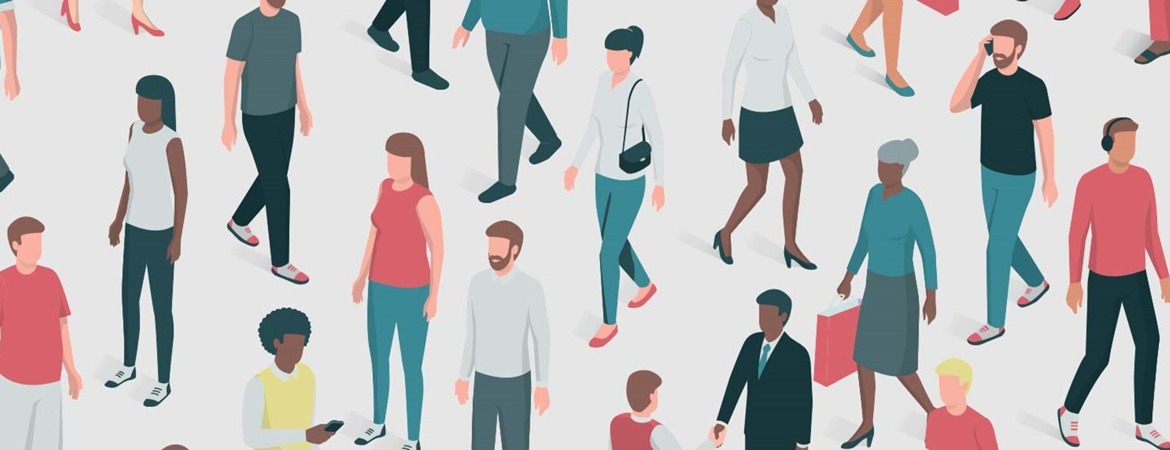- Home
- Curriculum
- Year 9 Options
- Sociology GCSE Options Information
Sociology GCSE Options Information
What is the main aim of the course?
Are you interested in how the world works, what has caused our society to be the way it is and why we have particular social issues and inequality? Are you keen to embrace the diverse and globalised social space we all share? If the answer is yes, then Sociology is for you! Sociology is a ‘living subject’, influenced by what happens in the media, in politics and in everyday life - although we will be guided by the AQA exam specification and text book, it is important to recognise and discuss what is changing around us, week by week. To sum it up, Sociology is the study of society.
During your GCSE Sociology course you will study families, education, crime and deviance and the features of different social groups - their culture, ethnicity, social class, gender, status and occupation. You will also spend time discussing the impact of globalisation and technology on our own culture in the UK.
The course will demonstrate the ways in which sociologists research society to gather data, also comparing and contrasting their different sociological perspectives, so that you can construct reasoned arguments, make judgements and draw conclusions, taking into account your own view of the way society works.
What will you learn?
The course will be split into a series of sociological topics:
- The sociological approach - different ways of studying and explaining society.
- Social structures, social processes and social issues - how society is run by government and other organisations, how social order is maintained and what issues we face in our society.
- Families - different types of family structure and ways of explaining these.
- Education - how our education system works and how effective it is.
- Crime and Deviance - our criminal justice system, causes of and explanations of crime. How and why some people deviate from what is regarded as normal behaviour.
- Social stratification - how people are organised and treated in different groups, according to gender, ethnicity, wealth, status, culture and occupation.
- Sociological research methods - ways in which sociologists research society in order to gather information and data.
How is the course assessed?
There are two written examinations:
Paper 1: Sociology of Families, Education, including social theory and research methods (1hr 45 mins, 50% of GCSE):
This paper includes multiple choice questions, plus shorter and longer written responses to essay questions.
Paper 2: Sociology of Crime and Deviance, Social Stratification, including social theory and research methods (1hr 45mins, 50% of GCSE):
This paper includes multiple choice questions, plus shorter and longer written responses to essay questions.
How does this course connect to the world of work and allow students to reach ambitious destinations?
Many students study Sociology to broaden their minds and enable them to see their world in new and interesting ways. The skills you will acquire are highly relevant for a range of college and university courses:
- investigate facts and work independently
- develop opinions and new ideas on social issues
- the confidence to engage in discussion and debate
- an appreciation of and respect for the diverse society we are a part of
- able to analyse and better understand our social world
When you study sociology, a wide range of job markets and opportunities open up to you - law and criminal justice system, police and probation services, children and youth services, medical profession, social work, research, educational services and teaching, local and central government, public relations, media and marketing.
Who do you need to contact if you have any further questions about this course?
Ms D Barr - Sociology Teacher - DBarr@srwa.co.uk



